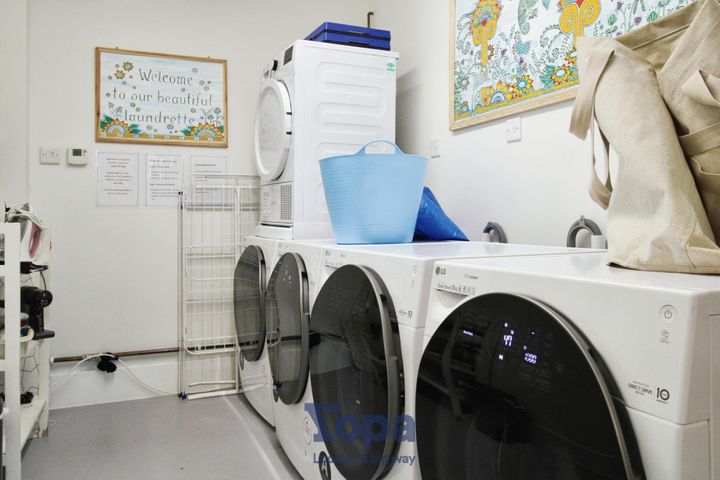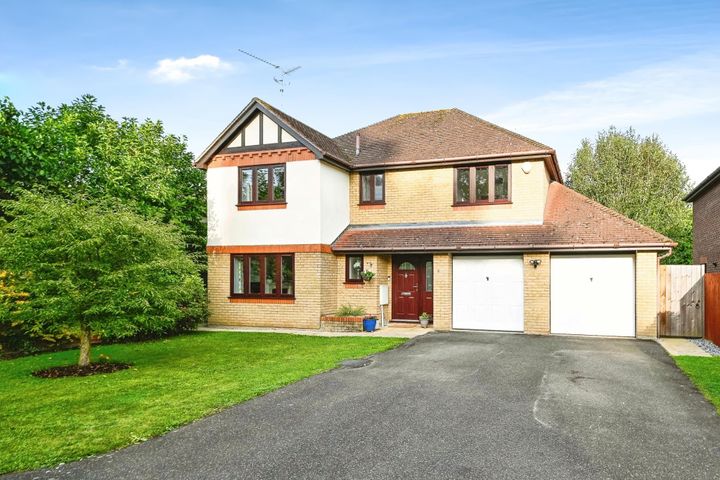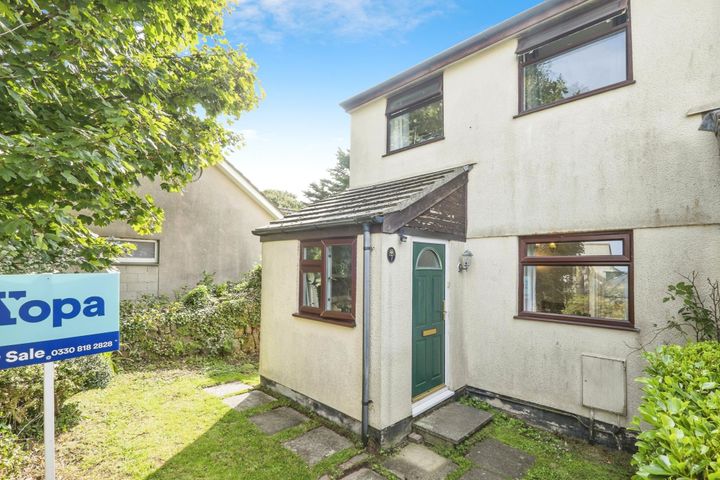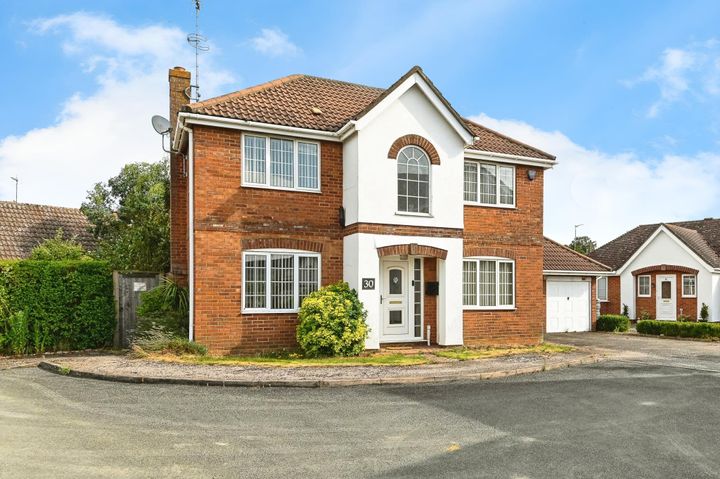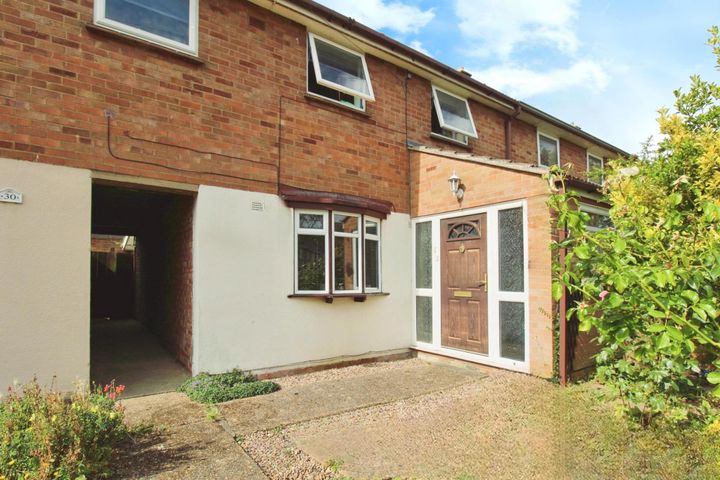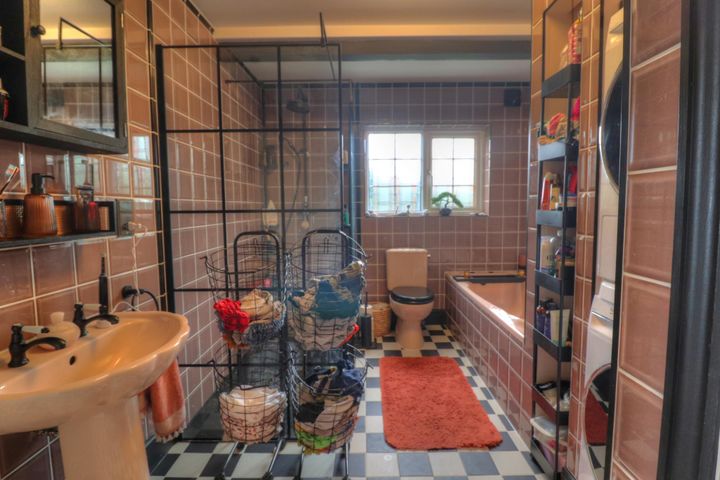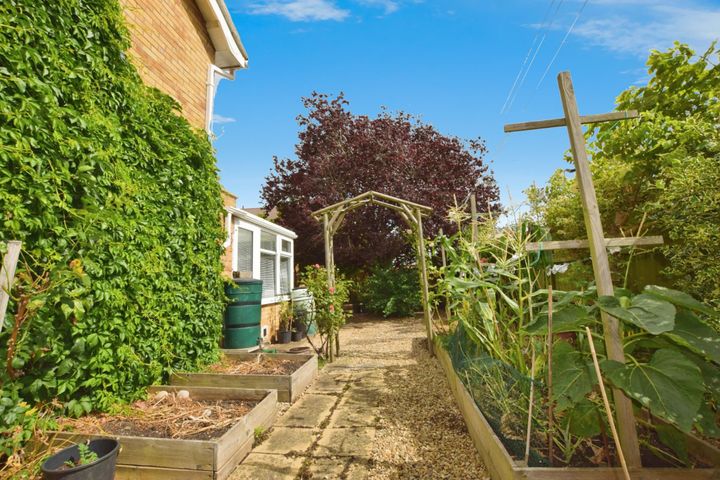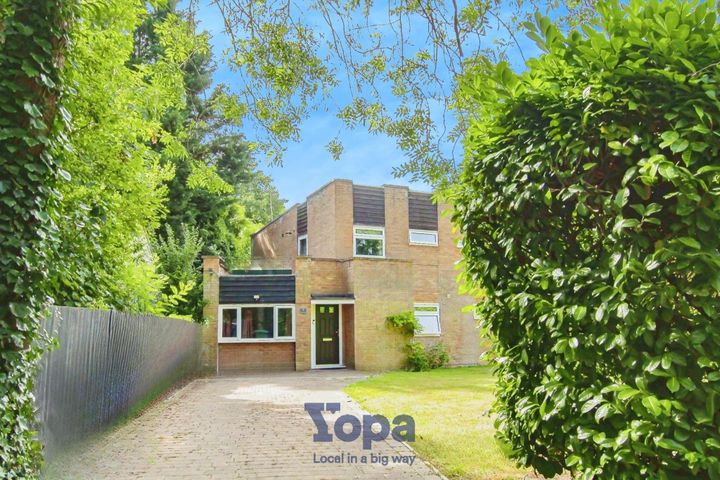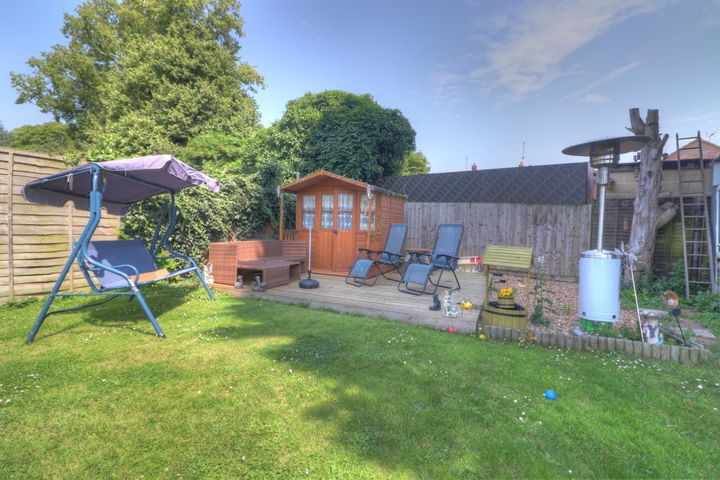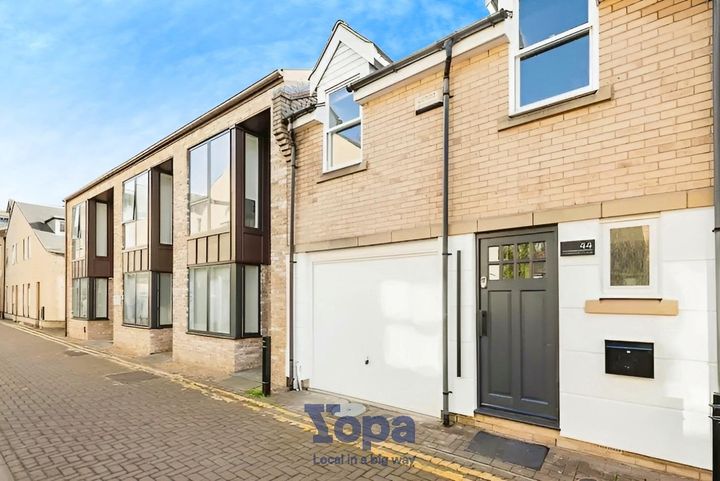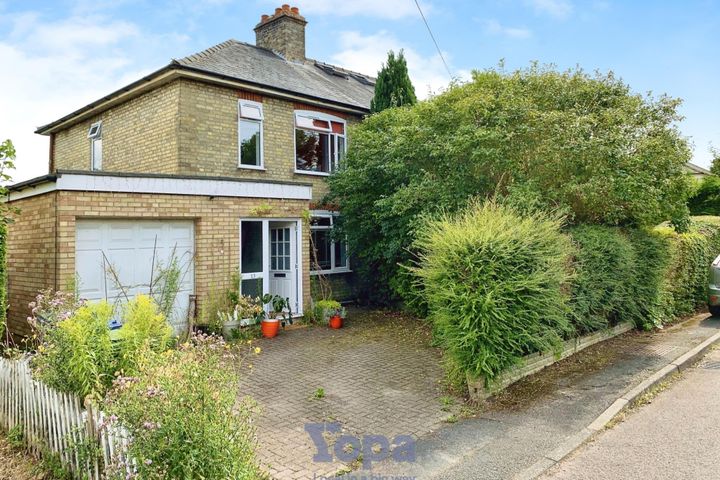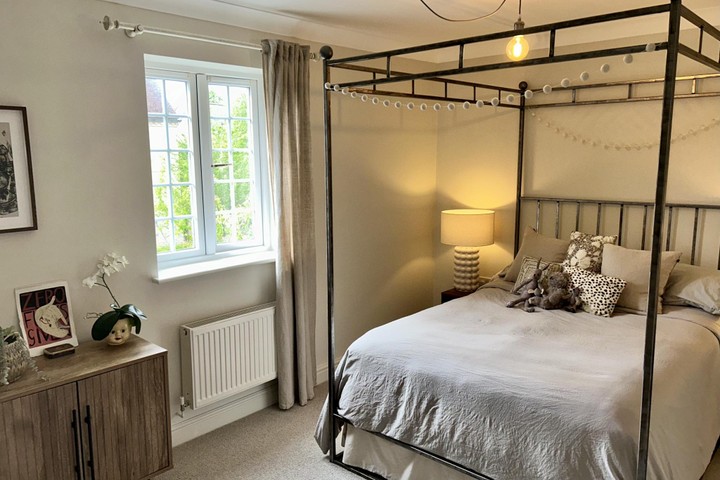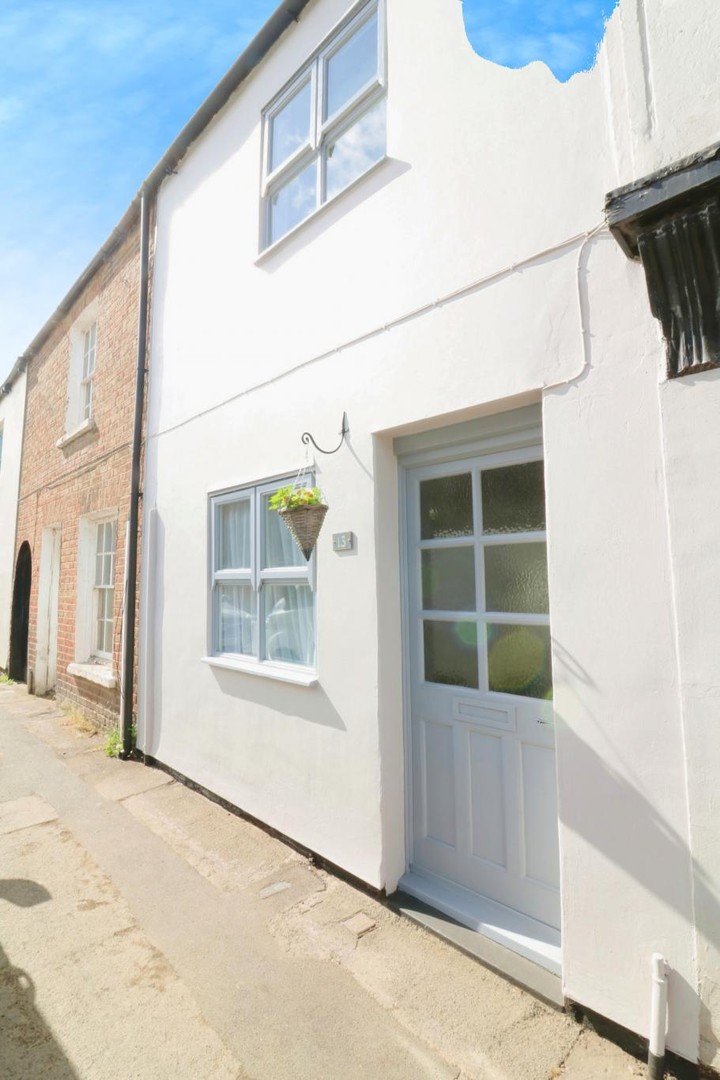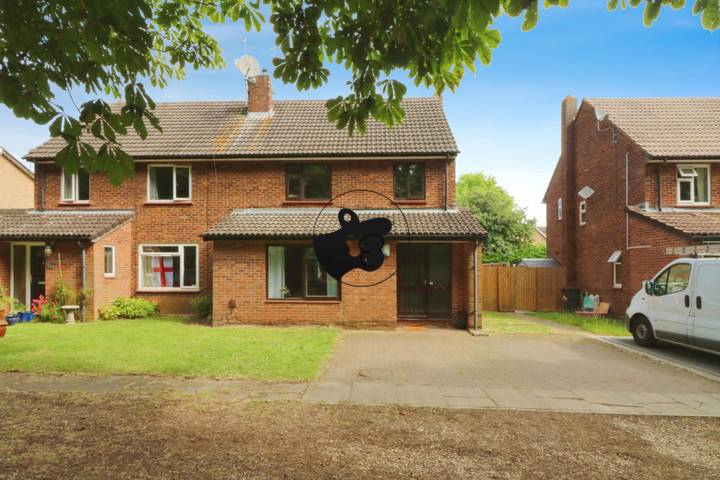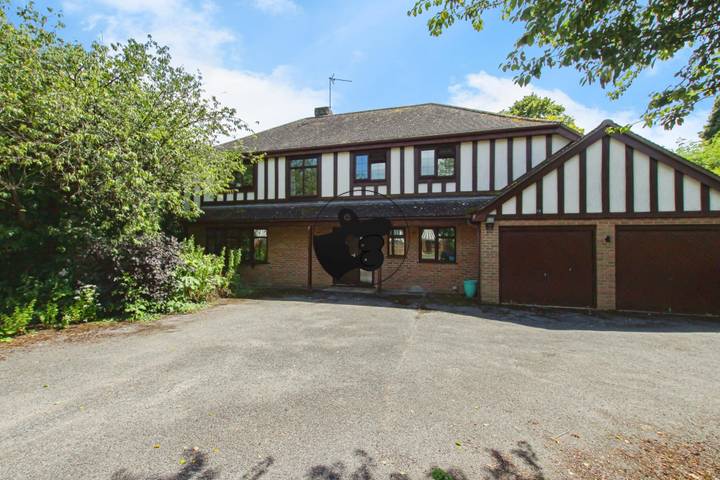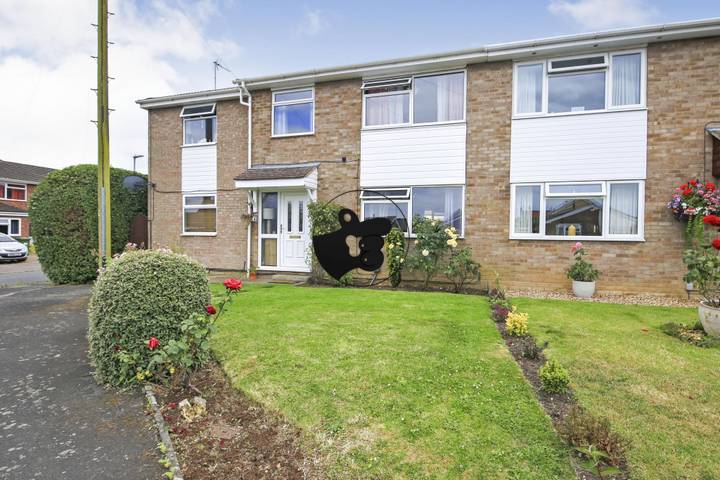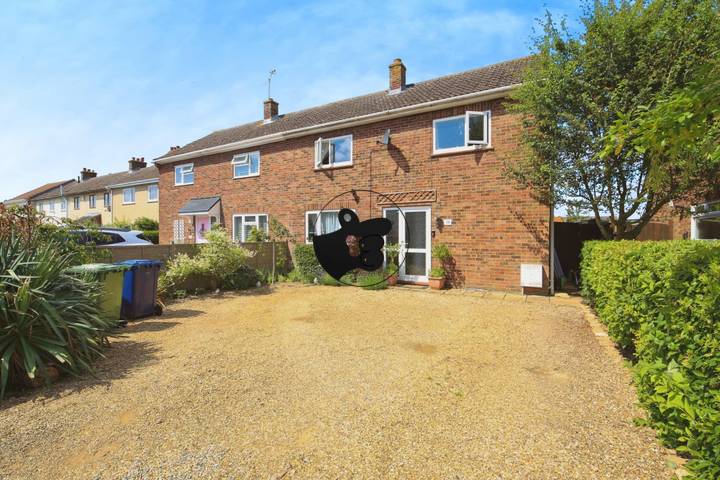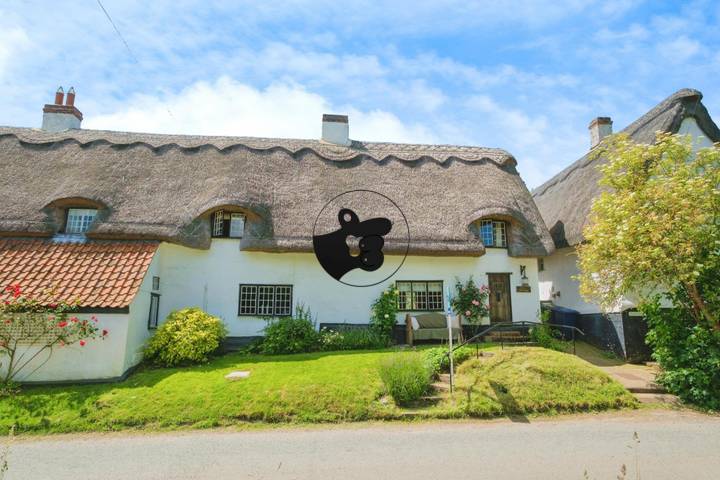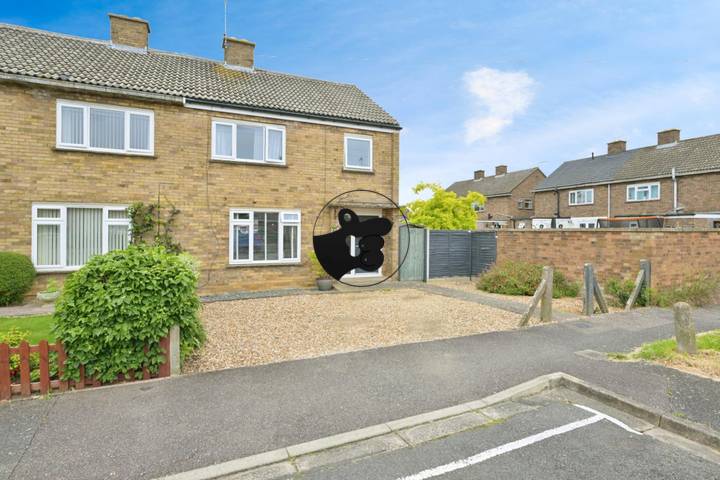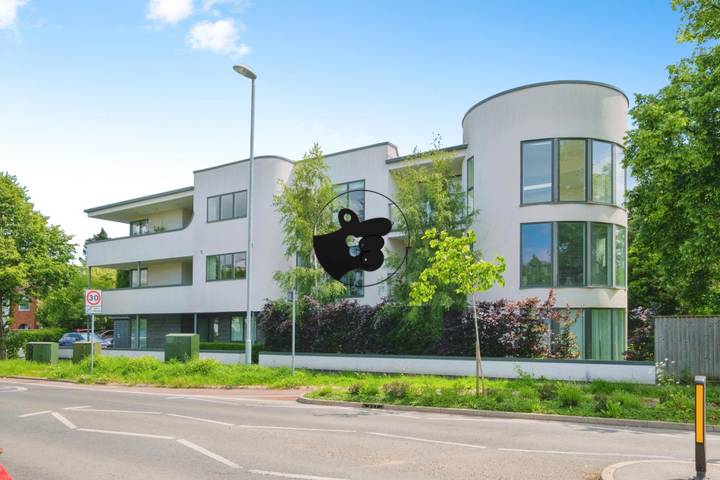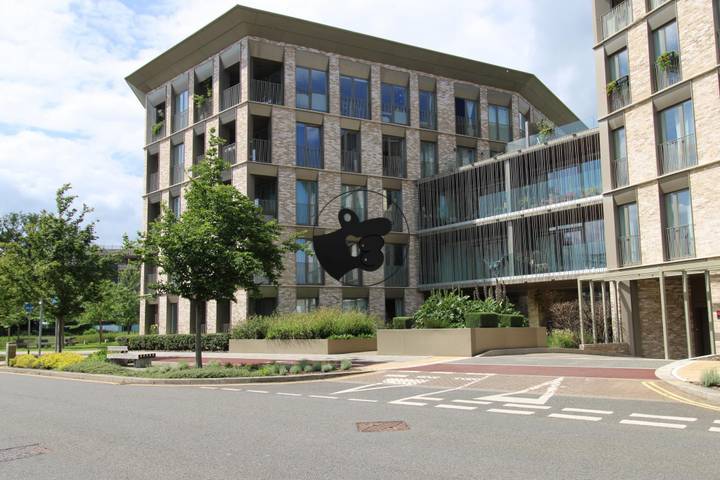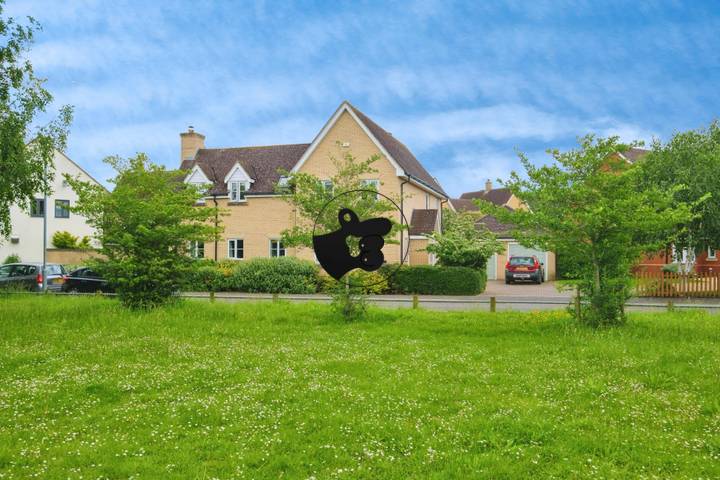Real estate prices in Cambridge are influenced by several key factors, including supply and demand dynamics, the presence of prestigious educational institutions, and local economic conditions. The demand for housing remains high due to Cambridge's reputation as a global hub for education and research, primarily driven by the University of Cambridge, which attracts students, academics, and researchers from around the world. This demand often leads to competition for homes, pushing prices up. Additionally, the tech industry's growth in the region, often referred to as the "Silicon Fen," has attracted numerous companies and skilled professionals, further straining the housing market. Accessibility also plays a role; proximity to public transport, especially rail links to London, enhances desirability and can lead to higher prices. Furthermore, local planning regulations and land availability contribute to the overall pricing landscape, as new developments can be limited by zoning laws and the historical significance of certain areas.
Cambridge
Location
Price Range
Any price
Price Range
Minimum
No min
Maximum
No max
Property type
Show all
Property type
Show all
House
Apartment
Building
Other
Bedrooms
Any beds
Bedrooms
Minimum
No min
Maximum
No max
Surface Range
Any surface
Surface Range
Minimum
No min
Maximum
No max
Sale type
For sale
Sale type
Show all
To rent
For sale
Location
Apartments and houses for sale in Cambridge
31 results
Recent
Cambridge insights
| Aspect | Summary |
|---|---|
| Population | 130,000 |
| Average Property Price | £500,000 |
| Rental Yield | 3.5% |
| Average Rent | £1,500 per month |
| Occupancy Rate | 95% |
| Capital Growth Rate | 6% annually |
| Property Tax | 1.2% of property value |
| Transaction Costs | 4% of property price |
| Expected ROI | 7.5% |
| Economic Growth Impact | Positive, driven by technology and education sectors |
Cambridge FAQ
What factors influence real estate prices in Cambridge?
How has the trend of real estate prices changed in Cambridge over the last few years?
Real estate prices in Cambridge have seen significant fluctuations over the past few years, driven largely by demand, economic conditions, and development projects. According to recent data, the average house price in Cambridge has risen notably, with figures indicating an increase of approximately 10% from 2020 to 2022. The market has been particularly competitive, with properties often selling for well above their asking prices. For instance, a three-bedroom semi-detached house in the areas around Cherry Hinton was listed for around £400,000 but quickly fetched bids around £450,000, reflecting the high demand in desirable neighborhoods. Additionally, student housing has become a crucial part of the market, contributing to price hikes, as rental prices for shared accommodations have surged, with average rents climbing by 5-7% annually. The influx of tech companies and startups in the region has also added pressure, attracting professionals and further driving prices up.
What is the average price of homes in Cambridge?
As of October 2023, the average price of homes in Cambridge, UK, is approximately £500,000, though this figure can vary significantly based on location and property type. In Central Cambridge, prices tend to be much higher, with Victorian and Edwardian terraced houses often fetching over £700,000, while newly built apartments can range from £350,000 to £600,000. The outskirts of the city, such as areas like Cherry Hinton or Trumpington, offer somewhat more affordable options, with average prices around £400,000. The market is particularly competitive due to the city's status as a prominent academic and tech hub, leading to a growing demand for housing, particularly among professionals and academics. In recent years, homes that are well-maintained or in desirable school catchment areas have seen bidding wars, further driving up the prices.
Are real estate prices in Cambridge higher than in surrounding areas?
Real estate prices in Cambridge are notably higher than in the surrounding areas due to several factors. The city's prestigious university attracts a substantial number of students, academics, and professionals, driving demand for housing. For instance, in recent years, the average price for a residential property in Cambridge has hovered around £400,000, while nearby towns like Ely or Huntingdon typically see averages closer to £300,000. Additionally, the rapid growth of the tech sector, particularly around the Cambridge Science Park, has further inflated property values. Neighborhoods such as Chesterton and Newnham often command even higher prices, reflecting their proximity to the city center and amenities. This trend results in a marked disparity between prices in Cambridge and those in surrounding market towns, where properties may offer larger spaces and lower costs.
How do property taxes affect real estate prices in Cambridge?
Property taxes play a significant role in shaping real estate prices in Cambridge, influencing both buyer sentiment and market dynamics. Higher property taxes can deter potential buyers, leading to reduced demand, which subsequently puts downward pressure on property prices. For instance, neighborhoods with steep tax rates may see slower sales compared to those with lower rates, as prospective homeowners often weigh the long-term costs of ownership. Additionally, property taxes can affect investment decisions; investors might shy away from properties in heavily taxed areas, fearing that the tax burden could outstrip rental income potential. Conversely, in areas where property taxes are relatively moderate, such as certain parts of South Cambridge, there may be a more vibrant market as demand spikes, pushing prices upward. Furthermore, potential buyers often consider property taxes when assessing overall affordability; high taxes can mean a lower budget for the purchase price itself, which can create a ripple effect across the housing market.
What types of properties tend to be the most expensive in Cambridge?
In Cambridge, the most expensive properties are typically found in prestigious neighborhoods such as the city center, Newnham, and the West Road area, which is adjacent to the University. These properties often include Victorian and Edwardian terraced houses, which feature high ceilings, period details, and well-maintained gardens. In addition, elegant modern flats along the river, offering picturesque views and proximity to cultural landmarks, also command high prices. The more spacious detached houses in suburbs like Trumpington or Cherry Hinton, particularly those with large gardens and modern amenities, are sought after by affluent families. Properties with historical significance, especially those converted from former university buildings or located near renowned colleges, are also highly coveted, reflecting both their unique architecture and prestigious locations.
How do school districts impact real estate prices in Cambridge?
School districts significantly impact real estate prices in Cambridge, often serving as a primary consideration for homebuyers. High-performing school districts, such as those associated with some of the city's notable primary and secondary schools, typically command higher home prices due to the desirability they create. Families often gravitate toward neighborhoods within these districts, driving up demand and, consequently, property values. For instance, areas near schools with strong academic performance ratings and extracurricular offerings tend to see homes listed at a premium compared to less sought-after districts. Homes in regions served by highly rated schools can experience appreciation in value during real estate cycles, as parents prioritize access to quality education for their children. Furthermore, the presence of reputable schools influences not only residential buyers but also investors looking to capitalize on rental properties in family-friendly areas, further intensifying competition and potentially inflating market prices.


